9 Things You Should Know about the Charlie Gard Treatment Controversy

The controversy began when the hospital where Charlie has spent his whole life thus far refused to treat him further and appealed to the courts. The courts ruled in favor of the hospital and ordered Charlie’s life support to be removed.
This was completely against the wishes of Charlie’s parents, Chris Gard and Connie Yates. Gard and Yates want to keep fighting Charlie’s health battle and were hoping to bring him to the U.S. where doctors have developed a new, experimental treatment for his condition.
Now, a UK judge has ruled that Charlie's parents and their legal team have two days to submit evidence that Charlie should not be taken off life support. Below are nine things you should know about this important case.
Photo courtesy: GoFundMe/Charlie Gard
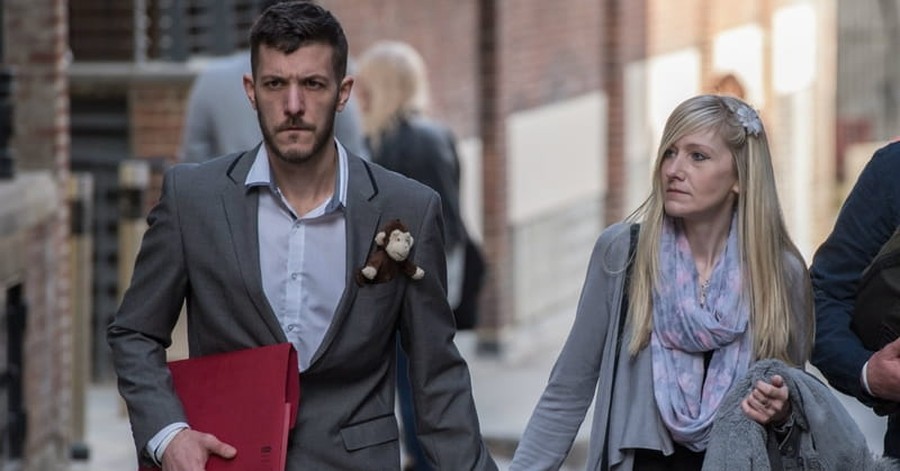
1. What just happened?
The case of Charlie Gard, a terminally ill infant in England, has raised questions around the world about whether the state has the right to block parental rights to prevent further suffering of a child.
Charlie’s parents sought to bring him to the United States for experimental treatment, but several European courts have blocked their decision and sided with doctors who say that switching to palliative end-of-life care is in the best interest of the child.
Photo courtesy: Chris J. Ratcliffe/Getty Images
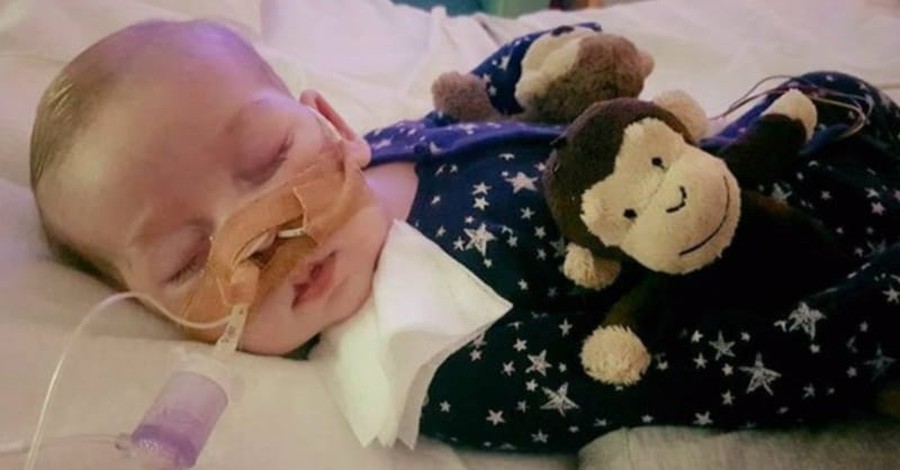
2. Who is Charlie Gard?
Charlie Gard is an eleventh-month-old British infant who, a month after he was born, was diagnosed with mitochondrial DNA depletion syndrome (MDDS), a genetic disease so rare that it is believed to have been diagnosed in only 16 children in the world. The condition causes a progressive weakening of the muscles and brain damage.
Charlie’s parents are Chris, a postman, and Connie, of Bedfont, west London.
Photo courtesy: GoFundMe/Charlie Gard
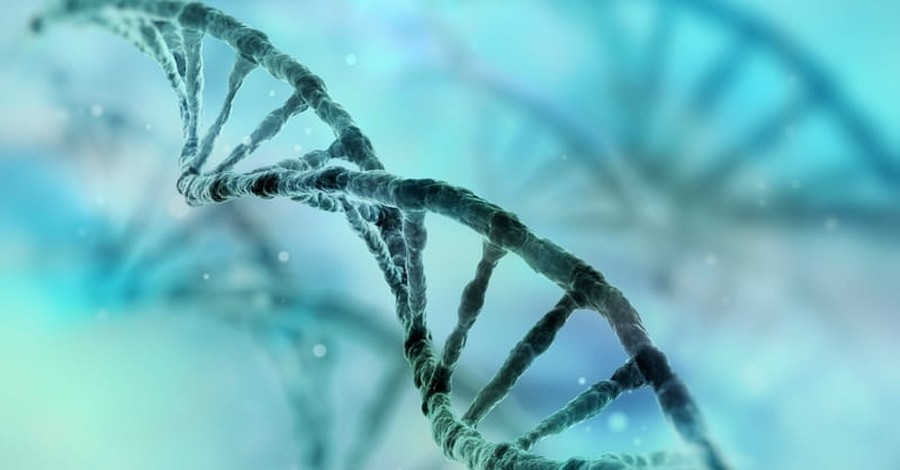
3. What is mitochondrial DNA depletion syndrome?
Mitochondrial DNA depletion syndrome is a genetic disease that affects the DNA that converts chemical energy from food into a form that cells can use. The effect of the disease is that cells in affected tissues and organs are unable to create the energy they need to function.
As in Charlie’s case, the disease can affect the tissue of the brain, causing irreversible damage. Treatment is usually performed to manage the symptoms, with life expectancy from onset of symptoms ranging from 3 months to 12 years.
Photo courtesy: Thinkstockphotos.com
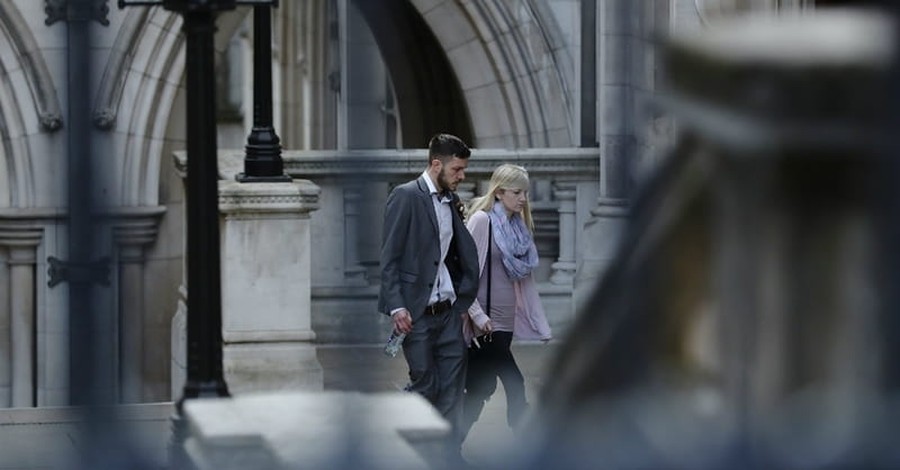
4. Why weren’t the parents allowed to make the decision about their child’s treatment?
When the Great Ormond Street Hospital for Children NHS Foundation Trust, the hospital where Charlie was being cared for, refused to provide additional treatment, the Gard’s filed a lawsuit to allow their son to be taken to the United States for an experimental procedure called nucleoside therapy.
At a hearing of the Family Division of the High Court in April, the judge ruled that it was in “Charlie's best interests for artificial ventilation to be withdrawn” for the child’s treating clinicians to “provide him with palliative care only” and for the infant “not to undergo nucleoside therapy.”
“Some people may ask why the court has any function in this process; why can the parents not make this decision on their own?” said Justice Francis in his ruling. “The answer is that, although the parents have parental responsibility, overriding control is vested in the court exercising its independent and objective judgment in the child's best interests. The Great Ormond Street Hospital has made an application and it is my duty to rule on it, given that the parents and the hospital cannot agree on the best way forward.”
The parent’s appealed to both the UK Supreme Court and the European Court of Human Rights, both of which refused to overturn the decision. Life support for Charlie was originally scheduled to be withdrawn on June 30, but his parents have been given a few more days to say goodbye to their son.
Photo courtesy: Dan Kitwood/Getty Images
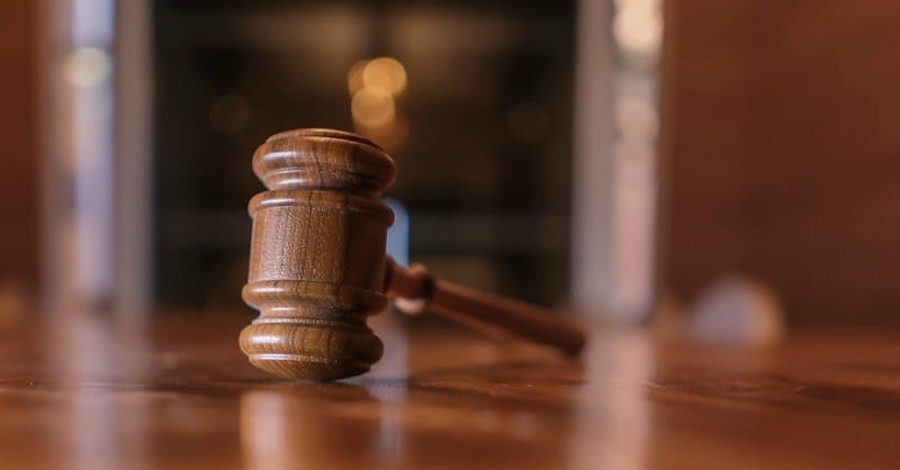
5. What is the legal basis for the decision?
In making his original ruling, Justice Francis cited the 2005 case of Wyatt v Portsmouth NHS Trust, which he described as “the ‘intellectual milestones’ for a judge making a decision of the kind with which I am faced today.”
In the Wyatt case, the British courts ruled that a seriously ill baby named Charlotte should not be resuscitated if she stops breathing because the resulting deterioration caused by the treatment would make life for her intolerable on a day to day basis.
“In our judgment, the intellectual milestones for the judge in a case such as the present are, therefore, simple, although the ultimate decision will frequently be extremely difficult,” said Justice Francis, applying the Wyatt precedent. “The judge must decide what is in the child's best interests. In making that decision, the welfare of the child is paramount, and the judge must look at the question from the assumed point of view of the child. There is a strong presumption in favour of a course of action which will prolong life, but that presumption is not irrebuttable. The term ‘best interests’ encompasses medical, emotional, and all other welfare issues.”
Photo courtesy: Thinkstockphotos.com
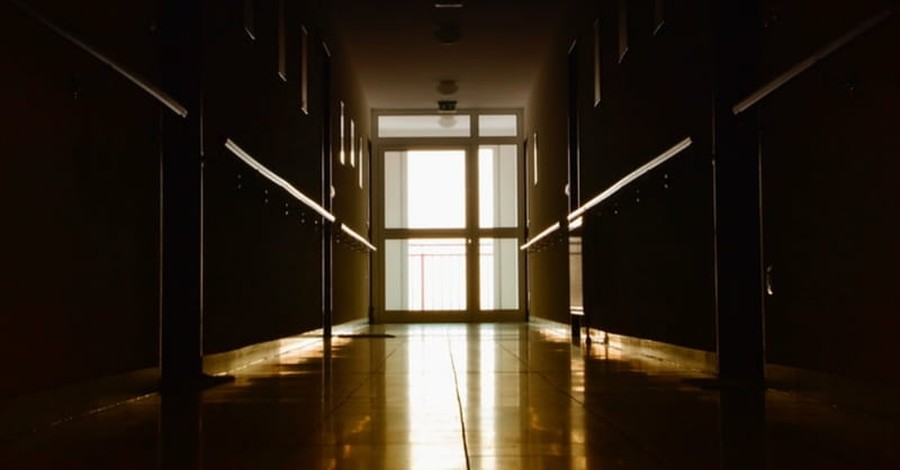
6. Could the experimental procedure cure Charlie?
As almost everyone admits, the chances of Charlie’s condition being improved by treatment were extremely unlikely.
Doctors in both the UK and Spain examined Charlie and concluded that his condition is irreversible and that ventilation should be removed to prevent him from further suffering. Earlier this year, though, a doctor in the U.S. offered to try using nucleoside therapy, which had never been attempted on a patient with Charlie’s form of disease.
Before a decision could be made, though, the doctors determined that Charlie’s brain damage had become so severe that that treatment was, as the court determined, “potentially painful but incapable of achieving anything positive for him.” The doctor in the U.S. reviewed Charlie’s condition and said,
“Seeing the documents this morning has been very helpful. I can understand the opinions that he is so severely affected by encelopathy that any attempt at therapy would be futile. I agree that it is very unlikely that he will improve with that therapy. It is unlikely.”
However, the doctor added that, “were Charlie in the US, we would treat him if the parents so desired and could pay for it.”
The judge determined that while medical science may benefit from experimentation on the infant, “experimentation cannot be in Charlie's best interests unless there is a prospect of benefit for him.”
Photo courtesy: Thinkstockphotos.com

7. How has the international community responded?
On Sunday, Pope Francis said Charlie’s parents should be allowed to “accompany and treat their child until the end.”
“The Holy Father is following with affection and emotion the situation of little Charlie Gard and expresses his closeness to his parents,” said Greg Burke, the director of the Holy See Press Office. “He is praying for them, in the hope that their desire to accompany and care for their own child until the end will be respected.”
On Monday morning, President Trump tweeted, “If we can help little #CharlieGard, as per our friends in the U.K. and the Pope, we would be delighted to do so.”
Helen Ferre, director of media affairs at the White House, added, “Upon learning of baby Charlie Gard's situation, President Trump has offered to help the family in this heartbreaking situation. Although the President himself has not spoken to the family, he does not want to pressure them in any way, members of the administration have spoken to the family in calls facilitated by the British government. The President is just trying to be helpful if at all possible.”
Photo courtesy: Carl Court/Getty Images

8. Was Charlie allowed to die because of the UK’s system of socialized medicine?
Honest disagreements exist among Christians regarding the best way to fund health care. There are legitimate critiques of the UK’s system of socialized medicine, however, it doesn’t seem that the financing of the UK’s medical system affected the outcome of the legal decision. Two hospitals, one in the U.S. and one in Italy, have offered to provide the treatment at no cost. Additionally, the Gards were able to raise £1.3 million ($1.68 million) in an online fundraising campaign to pay for the treatment (the couple say they will now use the money to create a charity for the rare disease Charlie is suffering from).
As Justice Francis noted in his decision, “this case has never been about affordability, but about whether there is anything to be done for Charlie.”
Photo courtesy: Thinkstockphotos.com

9. What are the primary ethical issues of this case?
The doctors involved in the case believe that Charlie’s condition is irreversible and that the current treatments (e.g., ventilation, suction) are capable of causing him pain. Charlie’s parents agree that if their son’s brain function cannot be improved, that he should not be subjected to further life-sustaining treatment.
Because of this agreement, the main ethical issue is about the scope of parental rights and who should be allowed to decide what is in the “best interests” of the child in regards to additional treatment.
The parents believe it is in their child’s best interest to undergo nucleoside therapy, even if it could prolong suffering, because of the admittedly remote possibility that it will improve Charlie’s condition. The British government, however, contends that to prevent further suffering it has a duty to intervene and supersede the desires and rights of the parents.
Photo courtesy: Thinkstockphotos.com
Slideshow adapted with permission from the ERLC.com article "Explainer: What you should know about the Charlie Gard treatment controversy."
Publication date: July 11, 2017






